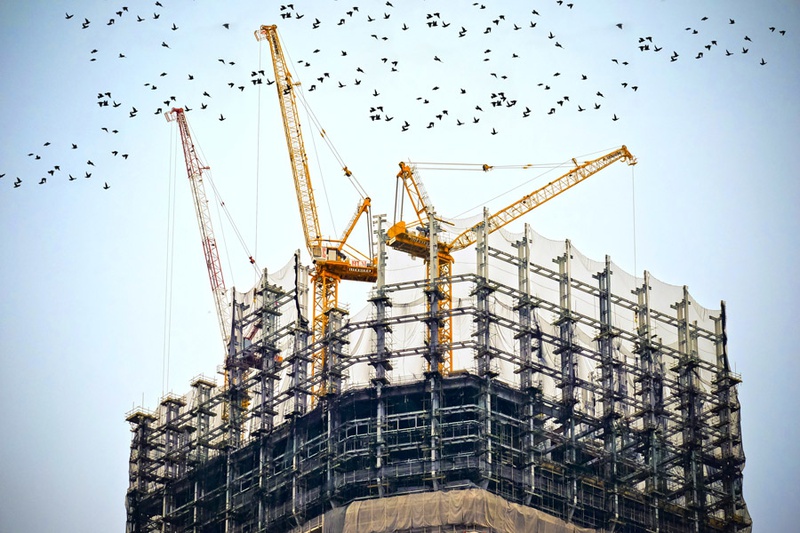The VAT domestic reverse charge will finally apply to most supplies of building and construction services from 1 March 2021.
The rules, of which the implementation has been postponed twice, cover standard and reduced rate VAT supplies between VAT registered sub-contractors and contractors where reporting is required under the Construction Industry Scheme (CIS).
The definition of construction services is based on the CIS definition, with various professional services excluded. However, unlike the CIS, the reverse charge applies to the total supply (including goods) if any element in the supply is within the definition, subject to a 5% disregard.
Sub-contractors
The reverse charge applies if the following conditions are all met:
- The supply is within the scope of the CIS
- The supply is standard or reduced rated (zero-rated supplies are excluded)
- The customer is VAT registered
- The customer is CIS registered
- The customer is not the end user (the final customer who does not make an onward supply – typically, the property developer)
Sub-contractors will no longer charge or account for output VAT and invoices must state that the reverse charge applies.
Main contractor
The main contractor accounts for the VAT on the services of sub-contractors as output VAT, but can also usually claim a corresponding input VAT deduction.
The end user will then be invoiced as normal. Therefore the main contractor will now be responsible for accounting for the full amount of VAT in the chain.
Commercial and business issues
Those operating in the construction sector will need to check whether the services they provide and the work they undertake falls within the Domestic Reverse Charge under the Construction Industry Scheme.
It will be vital that businesses in the sector take time to identify the relevant Construction Industry Scheme contracts and end users that may fall with the Domestic Reverse Charge.
Those charged with financial reporting accounting and bookkeeping will need to ensure their systems are modified and updated to manage the reporting obligations of the new Scheme. This process will also require some changes to invoicing details and narrative. For many, their software provider may have already incorporated the necessary changes, however it is important to check.
Perhaps one of the biggest concerns for those affected by the introduction of the Domestic Reverse Charge is the short-term impact it is likely to have on cashflow, as sub-contractors will no longer benefit from retaining VAT before paying it over to HMRC. For some it might be worth considering moving to monthly VAT returns to help with managing VAT repayments.
Those in receipt of DRC services, who are not currently VAT registered, might find that they are required to register as such receipts go towards income in relation to VAT registration turnover, the threshold of £85,000 at which you are required to register for VAT.
The introduction of the DRC could have implications for those using the VAT Flat Rate and VAT Cash Accounting schemes. Whilst it may still be possible to use the Cash Accounting Scheme, it is not possible to include DCR services within the Scheme, these will need to be treated separately. The Flat Rate Scheme cannot be used where a business is subject to the DRC.
As might be expected, adopting the new scheme may not be quite as straight forward as it seems. There are, as ever, a number of VAT vagaries around whether specified, accepted or non-specified supplies fall within or outside the scheme.
Those affected by the introduction of the Domestic Reverse Charge for the Construction Industry Scheme are advised to seek professional advice to ensure they don’t fall foul of the new rules.
We have recorded a special webinar on this subject to help support businesses with further information and guidance - watch it here.
We have also recorded a special edition of The Streets Sessions, our business podcast, on this topic – listen here.



